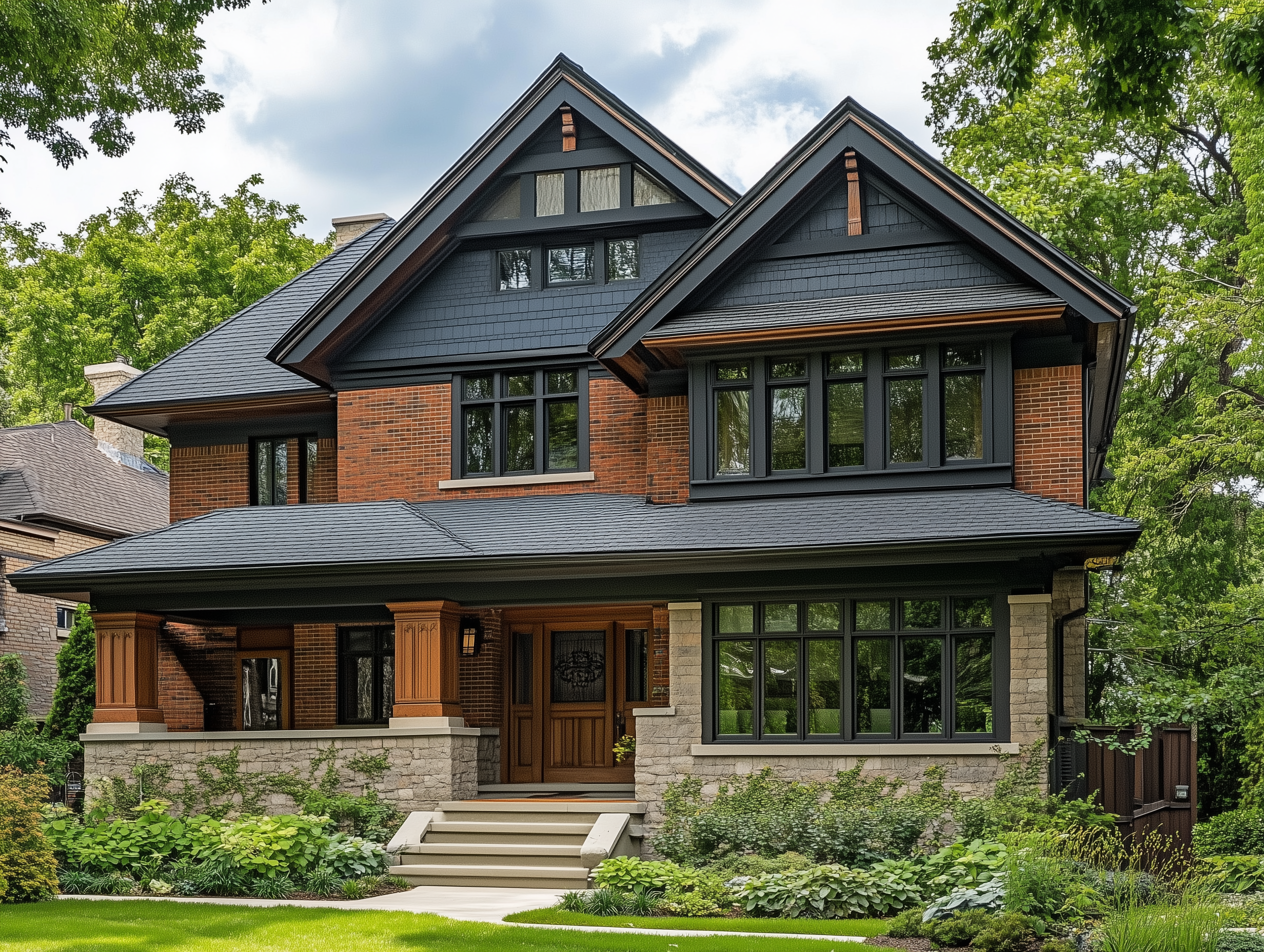In the heart of Quebec households, an energy transformation is underway, disrupting heating habits. While electricity dominates the residential energy landscape, oil persists, representing a significant portion of energy consumption in the province.
A glimmer of hope: Consumption decrease
Over the past decade, a glimmer of hope emerged with a 9% reduction in oil consumption in the residential sector. However, the Quebec government, determined to accelerate the transition to more sustainable energy sources, has implemented bold regulatory measures.
Regulation in two phases
This energy transition unfolds in two distinct phases, initially affecting new constructions starting from December 31, 2021, and subsequently existing buildings from December 31, 2023.
The scope of these regulations is specific, applying exclusively to residential buildings of three stories or less, with a total area of 600 square meters or less. This inclusivity encompasses various architectural forms, from cottages to triplexes.
Installation and replacement ban: New constructions
Besides, since the end of 2021, any new residential construction is subject to a ban on installing or replacing oil heating appliances. This radical measure aims to gradually eliminate the use of this energy source. Hydro-Québec data even highlights that no household opted for these systems between 2014 and 2018, with 40% of homeowners converting their systems to alternative sources.
Towards an oil-free future: Existing buildings
To this end, starting from December 31, 2023, a new step will be taken, prohibiting the replacement of oil-operated appliances with those using fossil fuels such as natural gas or propane in existing buildings.
Additionally, repairing oil appliances beyond standard maintenance due to their age will be prohibited. This means that not only the complete replacement of the appliance is affected, but any defective part will also require a switch to an alternative energy source. The ultimate goal is to promote the adoption of renewable energies, primarily electricity.
Environmental impact and new energy choices
Furthermore, these regulations redefine the landscape of residential heating in Quebec, prompting homeowners to reassess their energy choices. It is no longer just a matter of thermal comfort but also a commitment to a more sustainable future.
Opportunity for energy transition
In fact, as these changes take root, every Quebec household becomes a potential actor in the transition to more environmentally-friendly alternatives. Regulatory obligations transform into an opportunity for residences to actively contribute to reducing greenhouse gas emissions.
Impact on the insurance industry
In this changing landscape, the insurance sector plays a crucial role. Damage insurance agents and brokers are becoming familiar with these new regulations to effectively advise clients during subscription, renewal, or any contractual modifications. Claims experts are also informed to clearly explain the implications of this new energy era to claimants. Feel free to contact us for further information.
In conclusion, the end of the era of oil in Quebec’s residential heating marks a shift towards a cleaner and more sustainable energy era. This evolution signifies not only the end of an era but also the beginning of an opportunity for Quebec households to become essential players in a successful energy transition. By reconsidering their energy choices, residents actively contribute to reducing greenhouse gas emissions and creating a more environmentally-friendly energy future.
Therefore, Quebec positions itself as a leader in the sustainability race, forcing a redefinition of standards and the adoption of more responsible energy practices. This transition represents a bold statement in favor of a more harmonious energy future for all.














